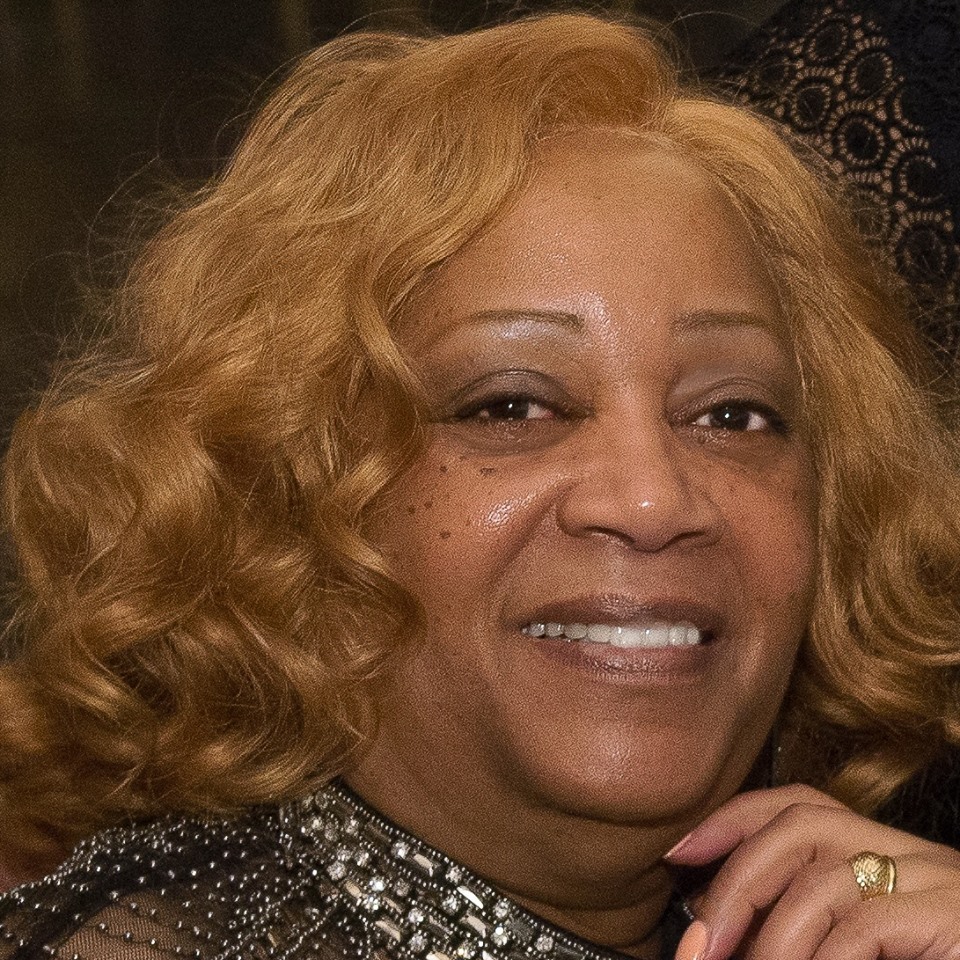Fearless Fighter
Deborah Savage arrived at Johns Hopkins in 1993 not knowing of the impact she would have on campus. Working on the Homewood campus, she performed a number of roles from serving as the IT manager for Student Technology Services to helping people with disabilities along with faculty, staff, and especially students, navigate the fast-moving digital landscape, including what was then known as the World Wide Web. Before long, Savage found herself seeking a way for the university’s custodial and food service workers to benefit from the same tech training that was being offered to other Hopkins employees. With the approval of university leaders, she was able to start a training program for the workers in the form of a weekend pilot program run by the BFSA. It is this work that Savage is most proud of. But it is the light she shined on employment disparities and general uneasiness among black faculty and staff at JHU that she holds dear to her heart.
In addition to her IT work, Savage served on a number of committees and working groups, including those to improve services for the disabled. She is also a past president of the Black Faculty and Staff Association where she led the group’s annual back-to-school clothing drive and Juneteenth celebration. As head of the BFSA, Savage hosted women’s luncheons, roundtable discussions and meetings with the university’s leadership.
It was Savage who brought to the attention of the leadership the lack of diversity on the walls of the university. The university, Savage argued, needed to do more to celebrate the contributions of people of color to Johns Hopkins. The leaders agreed, and with their blessing, a previous BFSA project known as the “History of African Americans at Johns Hopkins” was reborn as “The Indispensable Role of Blacks at Johns Hopkins.”
A three-term president of the BFSA, Savage was instrumental in securing annual meetings with the university’s presidents to discuss inequities in hiring and retaining African Americans. Those meetings continue to be held every year.
On many occasions, Savage’s work extended beyond the public to the private. It was not uncommon, she says, for faculty and senior staff, to confide in her their feelings of isolation as one of few people of color on campus. Ever patient, Savage would offer wise counsel telling her colleagues to stay strong and be patient. Sometimes she would say nothing. “We would just walk,” she said. She became the go-to person for black faculty and staff.
Savage, who retired last year after 23 years of service with JHU, looks back on her career at Hopkins with pride. She acknowledges that she sometimes feared the battles she took on, particularly those related to improving the climate for people of color at Hopkins. The institution, she said, was a difficult place to navigate as an African American. But she said, “You can surround yourself in support or you can suffer in silence.”
